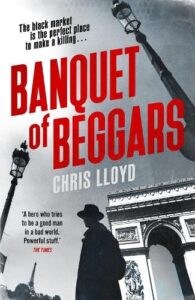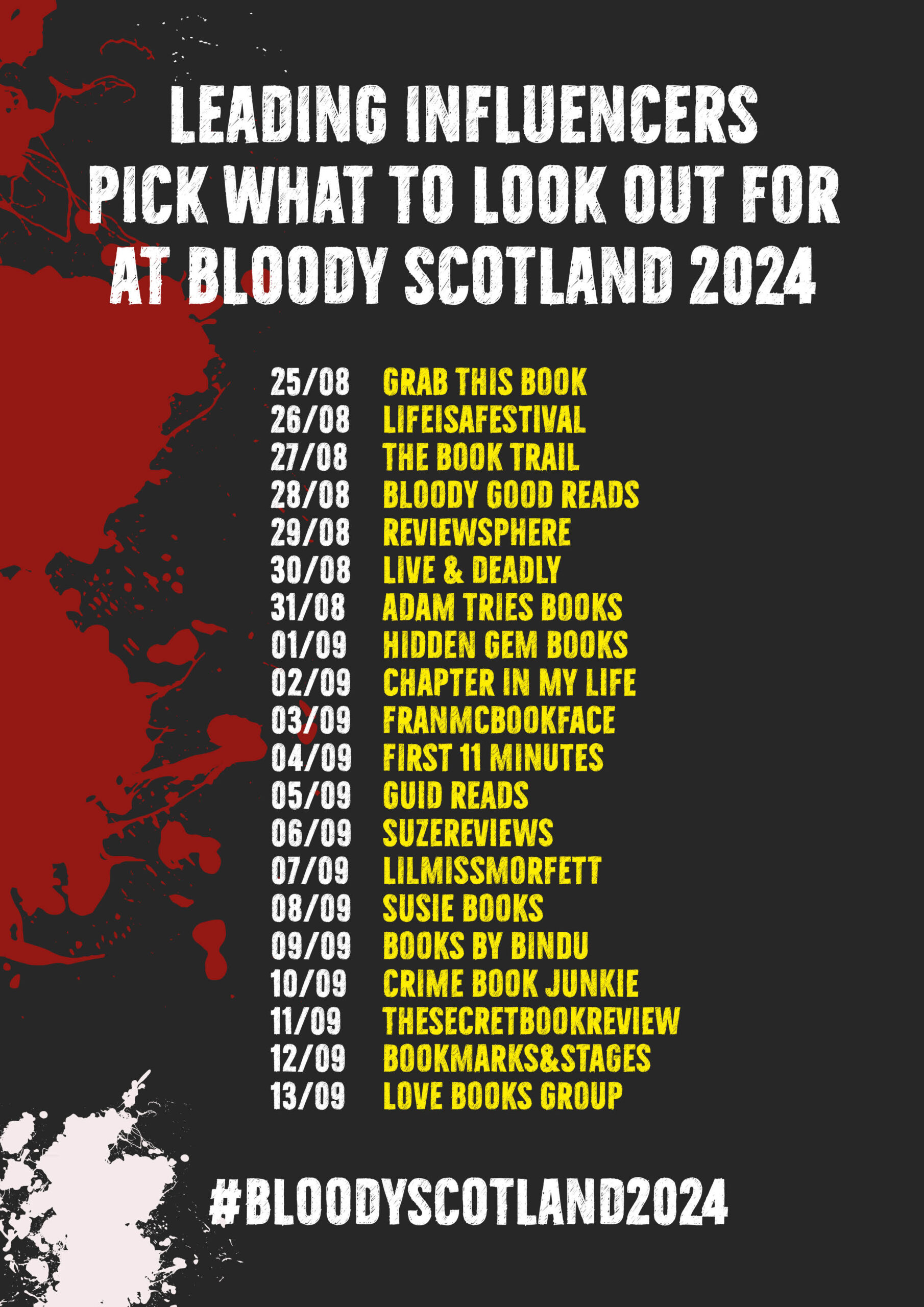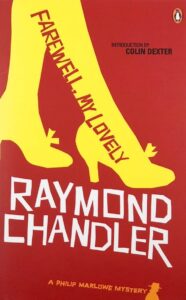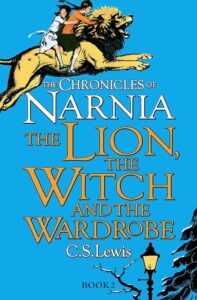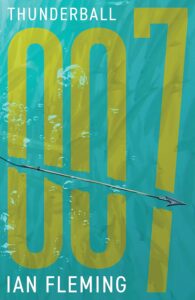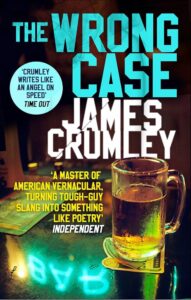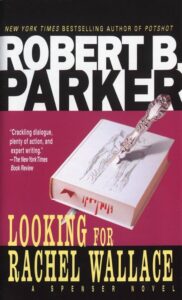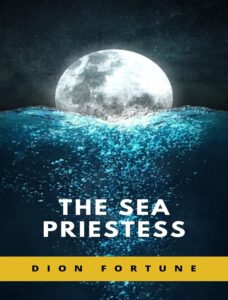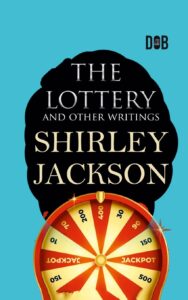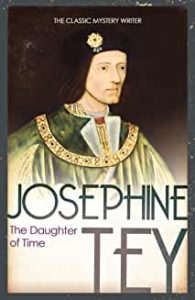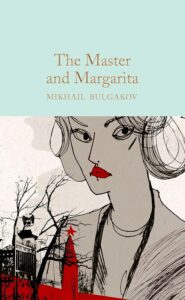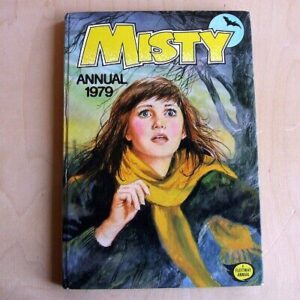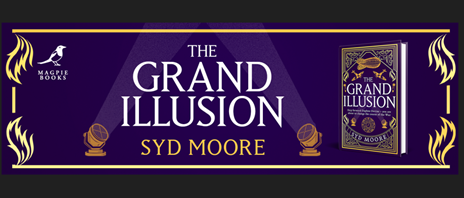Connolly Readathon
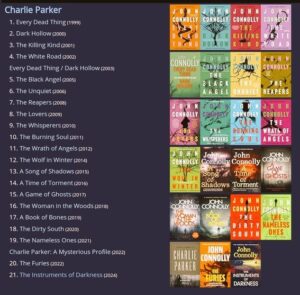 What happens when two book bloggers get chatting on Social Media about a long established series of crime thrillers?
What happens when two book bloggers get chatting on Social Media about a long established series of crime thrillers?
To be honest that’s practically a daily occurrence…the author gets a few Twitter/X notifications and with a bit of luck that chat will be seen by a few hundred people and some of them may be sufficienty intruged to seek out books by the author in question. Word of mouth is probably the very best way to get new reading recommendations. As bloggers, booksellers, booktokers and passionate readers we try to find the best ways to share our booklove with anyone who will listen.
However, sometimes a random chat about books can become something more, it can grow and evolve and eventually it could even become a readathon. That’s exactly what happened when my very good friend Raven Crime Reads and I started a random chat about the Charlie Parker novels by John Connolly. Raven has already put the backstory together and you can see her explanation around what a #ConnollyReadathon entails: https://ravencrimereads.wordpress.com/2024/05/10/come-join-the-connollyreadathon-revisiting-charlie-parker-jconnollybooks-grabthisbook-hodderbooks/
I’ve not mentioned the readathon here on the blog yet but for the last four months I have been fully immersed in the dark world of Charlie Parker and I’ve listened to the first four novels in the series. When I reached the end of the fourth book I felt it was the end of a natural story arc and decided it was time to put my thoughts down about those first novels and prepare for September’s listen: The Black Angel
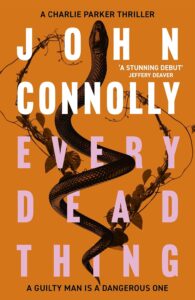 Introducing Charlie “Bird” Parker is the first novel in the series; Every Dead Thing. In this story readers will meet Parker and we will find him at his very lowest point – he’s a police officer but drinks heavily and his drinking has impacted upon his relationship with his wife and young daughter. On returning home from the pub late one evening, Parker finds the bodies of his wife and child – both murdered in the most brutal fashion.
Introducing Charlie “Bird” Parker is the first novel in the series; Every Dead Thing. In this story readers will meet Parker and we will find him at his very lowest point – he’s a police officer but drinks heavily and his drinking has impacted upon his relationship with his wife and young daughter. On returning home from the pub late one evening, Parker finds the bodies of his wife and child – both murdered in the most brutal fashion.
The event sends Parker into a spiral which will ulitmately see him leaving the police and making a vow to find justice for his slain family. At this stage it is worth explaining some of the more distincive elements of a John Connolly novel so you fully understand what these books bring into your library. They are dark, graphic, chilling and involved. But they are also packed with a dry humour, firm friendships, lots of musical references and gripping tension and unexpected twists and turns. Connolly’s writing style is detailed and descriptive and readers will get lots of background information on places, events and historical incidents. I’ve been enjoying the books on audio so I’m always getting the full story (unusual for a skim reader like myself) and it really emphasises the depth of the narrative.
Parker is joined on his quest to find justice by two unusual companions. Angel and Louis are a couple. Angel is an over the top extrovert with awful dress sense and very accompished burglary skills. Louis is the total opposite. An imposing black man, immaculate dress sense, who can loom and intimidate with ease yet also make himself nearly invisible and move with the stealth of a mouse – helpful for a man who kills for a living.
That’s the key players on the side of the “good guys” but John Connolly brings the big guns when it comes to his villains – the word EVIL should feature heavily.
In Every Dead Thing Parker discovers his family were killed by a mysterious figure who goes by the name of The Travelling Man. The Travelling Man and his actions will loom large over the first four books and it becomes apparent he’s had a long and uninterrupted journey before he crosses paths with Charlie, Angel and Louis. During the course of the novel the reader will discover Charlie Parker can see the spirits of the departed. He is visited by the dead, can interact with them and they will give (often cryptic or frustrating) guidance which will influence how Parker conducts his investigations.
The first book sets the benchmark for what will follow. It was gripping listening and I grudged the time I had to pause my audiobook, particularly as the story was reaching a concusion.
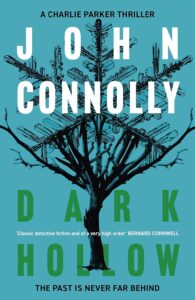 But all good things do come to an end. Fortunately on a ConnollyReadathon the next book is just a few days away and from Every Dead Thing we move along to Dark Hollow. While each book can be read as a stand alone mystery there are elements of the Parker backstory which will filter through into current events in the latest read.
But all good things do come to an end. Fortunately on a ConnollyReadathon the next book is just a few days away and from Every Dead Thing we move along to Dark Hollow. While each book can be read as a stand alone mystery there are elements of the Parker backstory which will filter through into current events in the latest read.
Dark Hollow opens with an escape – an elderly resident is trying to escape her care home, seemingly terrified at the prospect of being found by a figure who is generally considered to be a character of local myth or legend. The takes the most extreme actions to get away from her residential home.
In this story we learn more about Charlie Parker, he has moved to live in the house which he grew up in (with his mother and grandfather) and the New England chill and rural setting is not to the liking of Louis and Angel when they come visiting. Events of Every Dead Thing do hang over Dark Hollow too, particularly the implications it had on Charlie’s relationship with Rachel Wolfe (a profiler introduced in Every Dead Thing who entered into a relationship with Charlie during the first book).
In moving back to his old childhood home Charlie will meet old friends and also some people he would prefer to avoid. But the key theme in this book is an overlap with crimes Charlie’s grandfather investigated when he was a cop several decades earlier. It’s another dark take on the evil of men and how it can connect to a missing girl. But the telling is great reading and I remembered why I first became hooked on these books over twenty years ago.
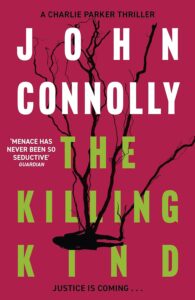 Book Three: The Killing Kind is where I felt the shackles really come off and Connelly gives the readers a particularly nasty enemy for Charlie, Angel and Louis to contend with. In this book is Mr Pudd. A grotesque man who has an extremely unhealth obsession with recluse spiders and other dangerous insects. This story is guaranteed to make your skin crawl but some of that crawling skin may actually be shivers running up and down your spine.
Book Three: The Killing Kind is where I felt the shackles really come off and Connelly gives the readers a particularly nasty enemy for Charlie, Angel and Louis to contend with. In this book is Mr Pudd. A grotesque man who has an extremely unhealth obsession with recluse spiders and other dangerous insects. This story is guaranteed to make your skin crawl but some of that crawling skin may actually be shivers running up and down your spine.
Religious sects from days gone by and a student who dies when she asks too many questions about a modern preacher are what draws Parker’s attention. He is engaged by a high profile politician to look into the death of the student (the daughter of one of his former business partners) but as Charlie starts to ask tricky questions he discovers there are a lot of people who don’t want him to find the answers.
With my hand on my heart I can say The Killing Kind is a novel I can clearly remember enjoying more than two decades after I first read it. Some of the scenes in this book have lurked in the dark corners of my memory and imagination far longer than I’d ever have expected. You’ll never look at spiders in quite the same way once you put this book down.
Pudd casts a long shadow as do some of the characters he worked with. Which takes us into The White Road.
I finished The White Road just this week and it is the book of the first four which seemed to connect most with Charlie’s ability to see things/people/spirits that nobody else can see. It is also a book where Louis and Angel get more of a chance to shine. Events in The Killing Kind have put the pair under a greater strain, not in their relationship but they seem weakened by what has passed and Angel is determined there is a price to be paid for ***spoilers*** in The Killing Kind.
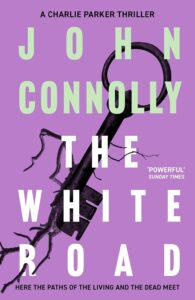 We also get to hear the backstory of Louis and Angel in The White Road, both men have clearly been shaped by the lives they led and although they are around to help Charlie in his latest investigation they also have some personal business to attend to.
We also get to hear the backstory of Louis and Angel in The White Road, both men have clearly been shaped by the lives they led and although they are around to help Charlie in his latest investigation they also have some personal business to attend to.
The White Road in the title is a key part of this story and I love how some phrases carry through to different books (indeed we wee Black Angels in this book which give name to book five). But there’s no White Road to guide Charlie in this book – an old friend has reached out to Charlie asking him to come South to help find evidence to clear a black man from the charge of murdering his white girlfriend. The girl was the daughter of a local businessman (a big player in town) and his family has connections to the KKK and White Supremacy groups. There is more than one type of evil rearing its head in this novel and once again Charlie will need to be constantly on guard to stay alive.
When I reache the end of The White Road I had a huge feeling of satisfaction. There are still some plots which I can see will continue into forthcoming books but I also felt some of the threads from the first four books had been tied off and should not unravel any further. But in the world of Charlie Parker dead does not mean final so I remain prepared for the unexpected.
I’d love if you joined Raven and me on our #ConnollyReadathon. We are aiming for a book a month and September is The Dark Angel but we’d just be happy to hear from anyone who is discovering these books for the first time or who has also been inspired by our reading marathon to revisit the stories too.
